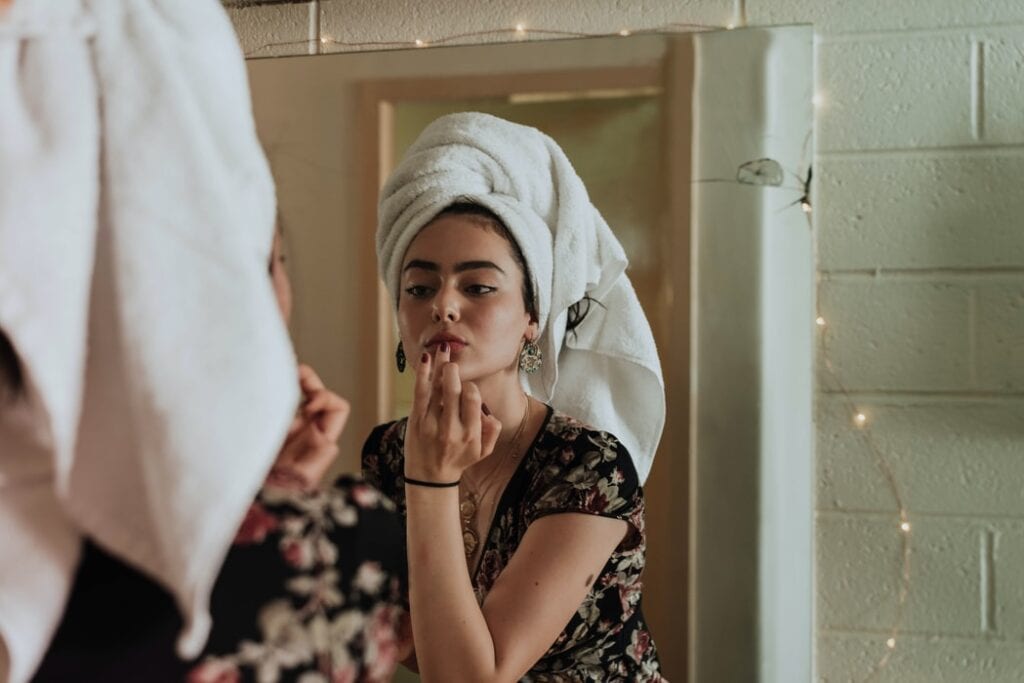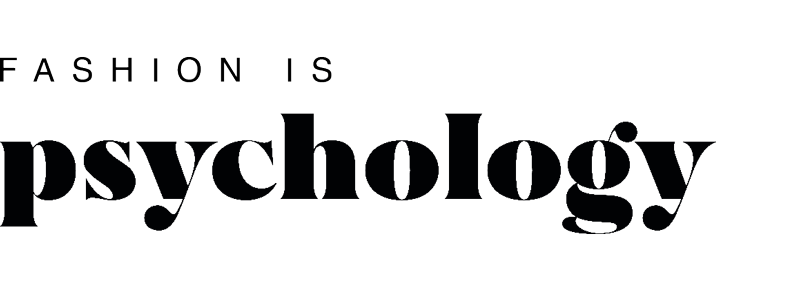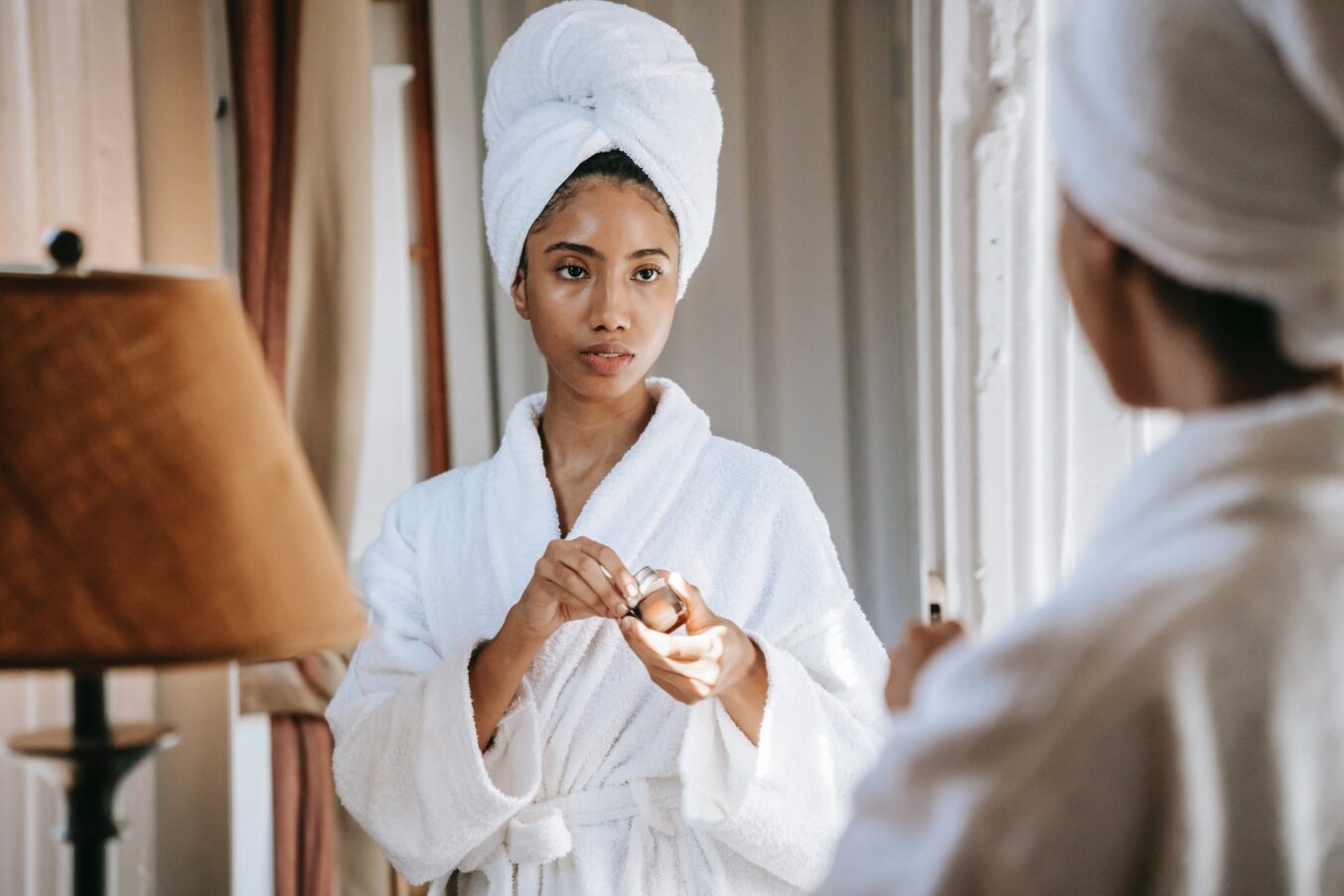The coronavirus pandemic has seen many industries continue to struggle financially, the beauty industry, in particular, seeing a significant change. Given that the majority of the world is still having to deal with the realities of social distancing, mask-wearing, and working from home, it’s not surprising that makeup has become less of a concern to those who usually wear it. NPD, a market research company, reported that in the first quarter of 2020, makeup sales were down 22% compared to the year before. Not only is it awkward to struggle with wearing makeup under a mask, but buying makeup online is a much more different, and difficult, experience.
A new reason to get all dolled up
However, it’s not only important to consider how the practicalities of wearing makeup have changed, but also the reasons that we wear it. For many, makeup is used as part of a regular morning routine to start the day ahead, but there now seems to be a shift in these aims. The president of L’Oréal USA’s consumer products division, Nathalie Gerschtein, has said how people are instead “dressing up and doing their makeup for virtual happy hours and dinner parties”, demonstrating that wearing makeup has now become a way for us to celebrate the things that bring a sense of normalcy to our lives, despite the circumstances.

Skincare is the new makeup
While we may be seeing a decrease in makeup sales, the global beauty industry is not seeing a decrease in all of its sectors; skincare has become an increasing part of people’s lockdown routines. This shift in the beauty industry can easily be seen through much of what we see on social media. For example, if you happened to be scrolling through apps such as TikTok in the first few months of the pandemic, the surge in videos concerning people’s skincare routines and their product recommendations was hard to ignore. Products from brands such as The Ordinary and CeraVe were consistently sold out both online and instore, as consumers took a renewed focus towards their self-care routines.
This shift towards self-care is not surprising, given that taking the time to focus on a skincare routine can be of extra comfort when experiencing stress. In a situation such as a global pandemic, many people feel that they can do little, besides staying at home, to control it. Therefore, it’s understandable that we place more attention on aspects of our lives that we do have some control over. The rise of the wellbeing industry has also been made evident, given a spike in purchases of bath and body products. The fragrance company Diptyque has reported that candle sales increased 536% in the weeks after lockdown.
Lessons from Beauty Psychology
So not only has skincare seen a boom in sales, but the whole self-care and wellbeing industry has seen a sharp rise in interest. Nonetheless, it’s also important to consider the behavioural and psychological responses to the shutdown of the makeup industry, as not everyone will have the same reaction towards more time spent at home. Since people with lower self-esteem are generally more likely to wear makeup, does this rising interest in skincare apply to those who wear makeup to feel more confident? Interestingly, a recent study by Pikoos and colleagues (2020) found that during the pandemic, those with low dysmorphic concerns (i.e. “a preoccupation with a perceived defect in physical appearance”) invested less time in their physical appearance, but that restrictions caused by the pandemic presented risks for individuals with high dysmorphic concern.
Therefore, despite a general decrease in makeup sales, this change does not necessarily mean that people are more comfortable with the way that they look. Although having to face less people than in a pre-pandemic society, people still find themselves concerned about the way that they look and a boom in the skincare industry does not necessarily mean an increase in self-esteem. Rather, it seems to be more the impracticality of having to wear makeup that has had a factor in this change.



